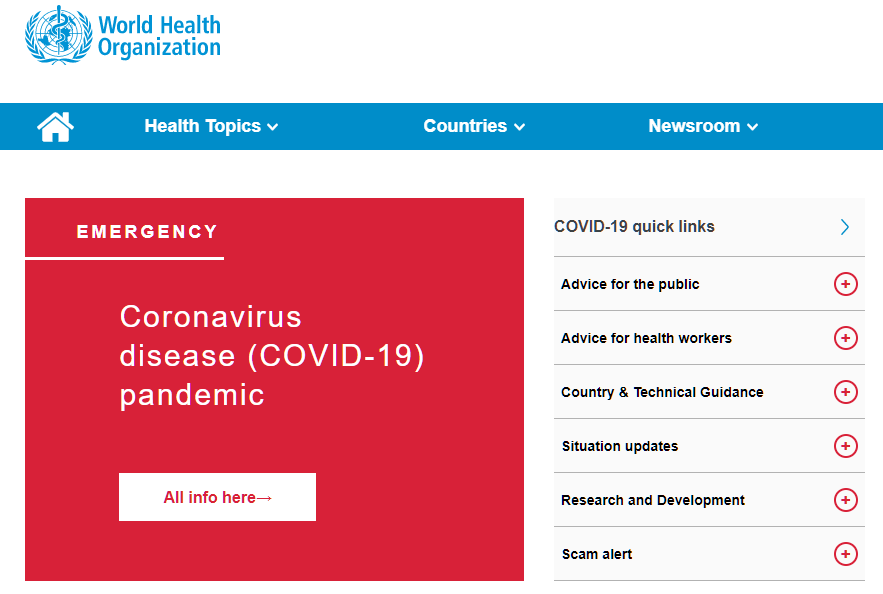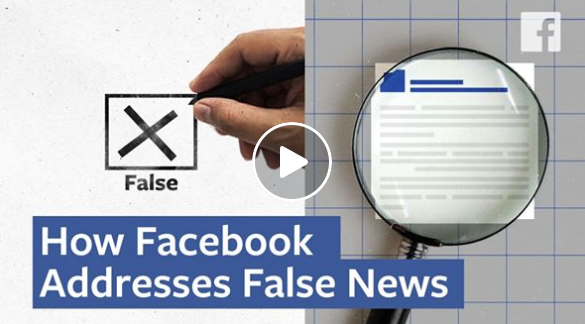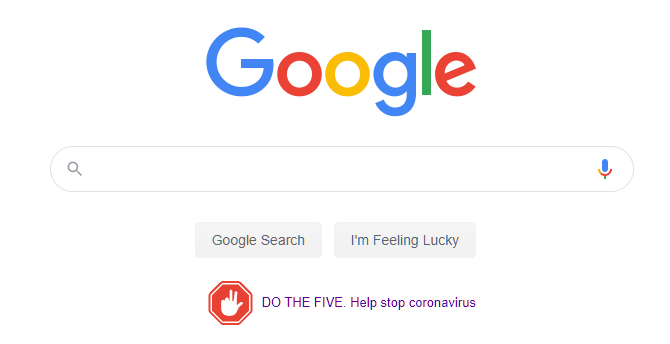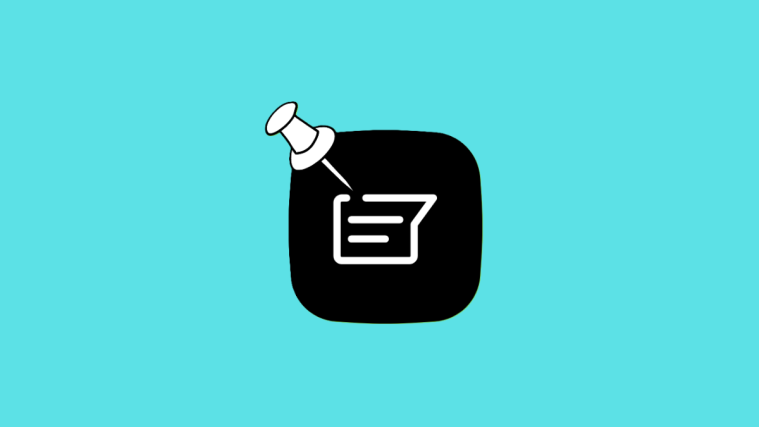Over 450,000 people infected and 21,000 deaths: COVID-19 is, without a doubt, one of the biggest threats humanity has ever faced. It’s been over two months since the first infection came to light, but we’re yet to come up with a cure for this pandemic.
Except for emergency services, all offices and workplaces have been shut, with all the authorities urging us to stay indoors. It’s a crisis like no other, and yet, some evil forces have been working tirelessly to make money off our fear.
Fake news and stories may not cause you physical harm, but they can take a toll on your mental health, especially during such trying times. So, snuffing out fake pieces is of utmost importance, and in this piece, we’ll do our best to teach you the art of it.
- COVID-19 isolation: Master working from home with these handy tips
- What cool games should I play while stuck at home?
- 51 small, fun games for everybody
From the horse’s mouth

This is the most basic rule you’re ought to follow — don’t believe everything you read on the internet. Unless you get it from the authorities — official handles only — tasked with fighting the pandemic, or from trusted news sources, be sure to discard it without a moment’s hesitation.
To make things easier, we’re leaving the official YouTube/Twitter/WhatsApp number/website of the most trusted outlets.
- World Health Organization (WHO) — Twitter handle | YouTube | WhatsApp | Website (Global)
- Centers for Disease Control — Twitter handle | YouTube | Website
- The New York Times — Website | Twitter handle | YouTube
Initiatives to combat fake news
The leading cross-platform messaging app on the planet, WhatsApp, has started rolling out a new search feature that allows users to carry out a quick authenticity test. Upon receiving a forward message— only for very popular ones, as per WhatsApp’s standards — you’ll get a small search icon right beside it. Tap on it to conduct a Google search. Browse through the search results to check whether any other reputed publisher picked up the story. If not, make sure to discard it.

You can learn more about WhatsApp’s initiative: here.

The leading social networking site on the planet is, unsurprisingly, the hot-spot for fake news distribution. Thankfully, the Mark Zuckerberg-led company has taken note of the situation and is doing manual and automatic fact-checking to fight the distribution of false news on Facebook. Repeat offenders — pages that distribute fake news regularly — are being pushed down the newsfeed, while regular users are getting a scary ‘fake news alert’ from the Facebook police. If you’re found distributing fake news, your post is immediately taken out of circulation, but you won’t get banned, at least not after the first infraction.
You can learn more about Facebook’s fact-checking: here.
Facebook Messenger

Facebook’s very own Messenger app is also doing its fair share to halt the distribution of fake news and present you with a cleaner and more cohesive community. Facebook Messenger has always prioritized connectivity above everything else, and its focus hasn’t shifted during the ongoing COVID-19 crisis. From promoting Messenger Kids to telling you means to stay connected with your customers: Messenger’s Coronavirus (COVID-19) Community Hub can be a pretty handy guidebook.
To top it off, it even tells you how to spot fake news and break the chain of misinformation. It doesn’t give you a fact-checking tool right away, but its resources are certainly helpful.
Click here to access the Messenger Coronavirus (COVID-19) Community Hub.

While we’re sure Google AI is working tirelessly to filter out fake articles for your convenience, you can also use Google’s resources to know more about the disease, its symptoms, and ways to prevent it from spreading. Right on the homepage, Google has created a hyperlink — DO THE FIVE — which tells you five easy things you could do to “break the chain.” Additionally, you can click the link to WHO information for facts and news about the disease.
Google is also maintaining a dedicated page for Coronavirus tips, health info, data & insights, and more, aptly titled COVID-19 Information & Resources.
Ways to spot fake news
The COVID-19 outbreak is one of the biggest outbreaks mankind has ever witnessed. So, it makes perfect sense for unethical news agencies to make the most of the situation. By pushing sensationalized fluff pieces, they aim to make the most of our paranoia and get as much traffic as possible. Thankfully, there are a few sure-fire ways to spot such malicious articles.
Is it verified?
There are many fact-checking websites that take great pride in filtering out false reports. These professional sites do the dirty work for you, guaranteeing you don’t fall for incorrect click-bait articles.
Poynter is one of the best free fact-checking websites out there, doing everything in its power to help you get the answers you’re looking for. Click on this link to visit the site and protect yourself from misinformation regarding COVID-19.
Quality of writing
Any news outlet worth its salt takes measures to make sure its content is error-free and full of credible facts. So, if you come across a piece that sports a bunch of unnecessary punctuation, has capitalizations in the middle of sentences, and is full of typos, don’t hesitate to close the window for good.
Additionally, all legitimate news pieces cite contributing sources and/or quotes from credible outlets. If the piece at hand is missing such attributes, it’s highly likely that the publishing site is dealing with fiction rather than facts.
Appearance of the website
Before you start sharing the news on your social media accounts, make sure you’re doing a thorough background check. Start off with the domain address and see if you can spot any irregularities there.
Next, go to the site’s ‘About Us’ section, learn what drives the publisher — mission statement. And while you’re at it, take a look at the team churning out the articles.
Trust your guts
Yeah, it’s not a foolproof method, but it’s probably the one you’re going to use anyway. There are a bunch of resources that can help us sniff out fake news, but it’s realistically impossible to invest that much time into research, every day. So, when you come across something that seems too absurd to be true and not from a publisher you recognize, feel free to let it slide.
Authorities have been warning us about scandalizing fake news since the early days of the outbreak. The general consensus is that Artificial Intelligence (AI) will play a major role in curbing fake news in the coming years. However, due to the lack of such resources, it’s upon us to stop the chain. So, before panicking and circulating, we urge you to use your better judgment. The world will be better for it.
RELATED:
- 14 Best Stress Relief Android apps
- 11 Best Yoga Android apps you must have
- How to use your Android phone to sleep better
- 9 Best White Noise Apps





